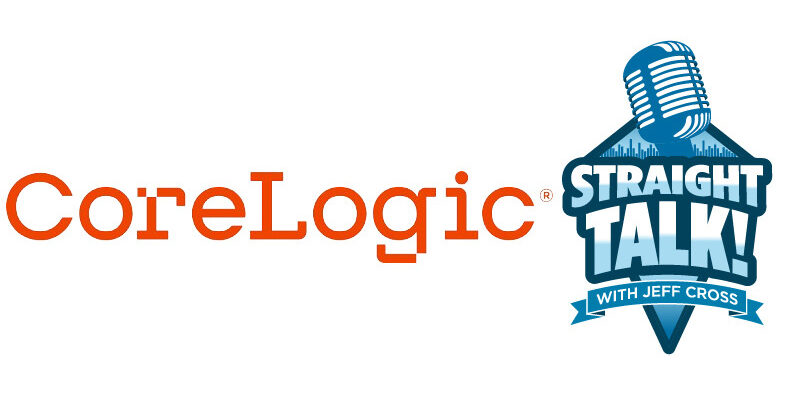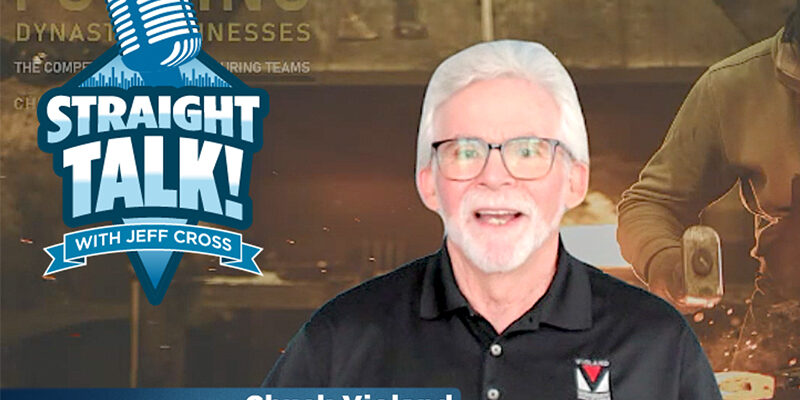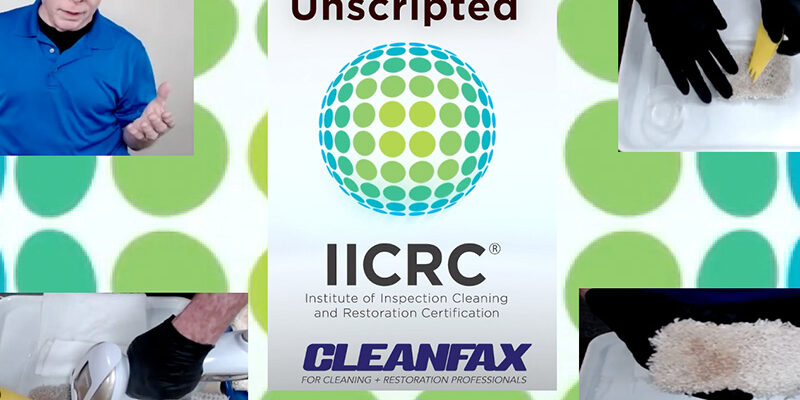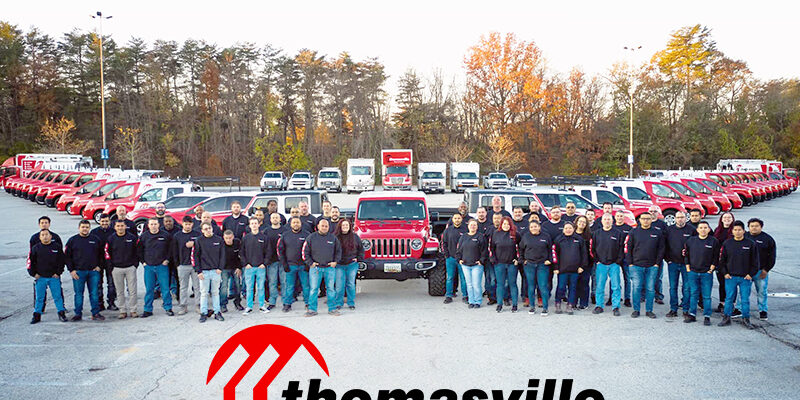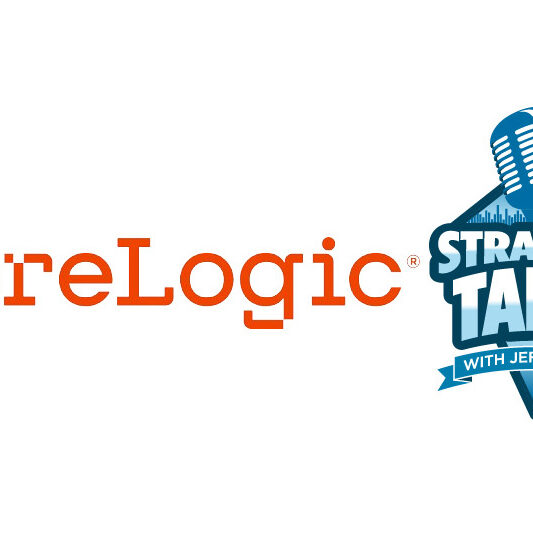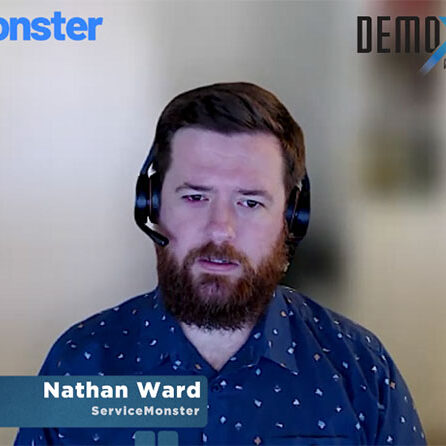Golden Handcuffs: Disastrous management habits

A business owner’s actions impact the future of his company — both positively and negatively — in many different ways. Being on the lookout for common actions and trends that can lead to decline often allows us to turn things around before they can have too great of an impact on our businesses.
But we must be diligent, and we must be engaged. Mentally disengaging from your business, what I refer to as “checking out,” can have consequences all its own.
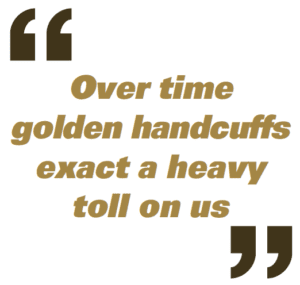 Checking out can happen deliberately such as when an owner starts a new business and leaves his original business to coast along on its own. It can also happen unintentionally such as when he’s pulled away for health or personal reasons. But more often than not, checking out happens very subtly, sometimes almost imperceptibly, over time.
Checking out can happen deliberately such as when an owner starts a new business and leaves his original business to coast along on its own. It can also happen unintentionally such as when he’s pulled away for health or personal reasons. But more often than not, checking out happens very subtly, sometimes almost imperceptibly, over time.
Most of us are familiar with the term “golden handcuffs” as it applies to employees. Typically, it refers to compensation packages, benefits or other perks that are so generous they compel an employee to remain in his job even when he has thoughts of leaving. Rarely do we think about golden handcuffs as they apply to a business owner, but they do exist and are one of the more subtle forms of checking out.
As with so many other conditions we experience in business, golden handcuffs usually appear after our companies have begun to enjoy some measure of success. After all, when there’s little gold in the company treasury, there’s no extra to plate handcuffs.
When an owner is restrained by golden handcuffs, he may not realize it until he looks in the mirror (or at his financial statements) and sees how lethargic and bloated his company has become and how far his company has migrated from the lean, hungry days of its earlier years. When this takes place, the owner is faced with a decision. Does he embark on a training program to get the company back to its more athletic days, or does he settle instead for less-than-peak performance?
For most of us, a fitness program involves work — and frequently some pain — to get our bodies into the leaner, healthier state we were once in. It’s no different when we try to get our businesses back in line. Add to this the fact that it usually takes us longer to get back into shape than it took us to get out of shape, and it can become very difficult to embark on the program in the first place.
We begin to question ourselves about how badly we want to stretch out of our comfort zones and affect change in our businesses. Do we really want to make the tough calls with respect to mediocre performers in our companies? Are we willing to sell off some of the unnecessary assets (executive toys and perks) that bloat our companies and consume our cash? How badly do we want to leave the comfort of our own offices and visit our customers to see how they feel about the service our company is delivering?
While they might make us feel comfortable for a while, over time golden handcuffs exact a heavy toll on us and our companies — one decision at a time, one day at a time. This is why we want to be especially vigilant not to let them restrain our company’s growth and arrest our continued success.
Chuck Violand is the founder and principal of Violand Management Associates (VMA), the largest consulting company in the restoration and cleaning industries. Violand is a recognized industry leader for advising entrepreneurs on the unique challenges they face both personally and professionally. Through VMA, he works with business owners and companies to develop their people and their profits. Violand also serves on the board of directors for the Restoration Industry Association (RIA). To reach him, visit violand.com or call (800)360-3513.


